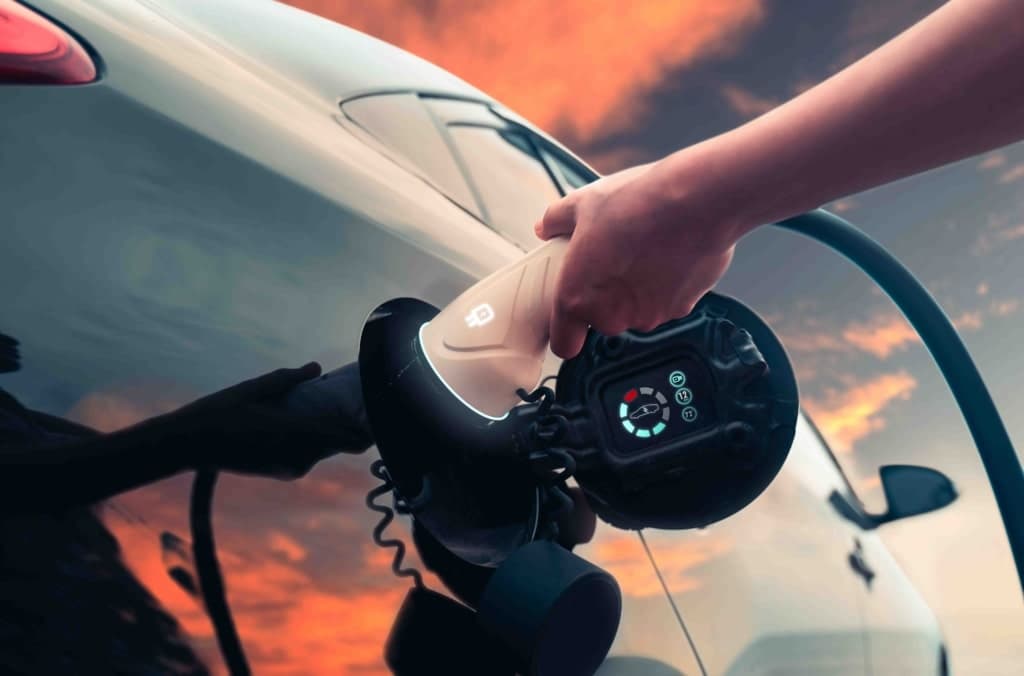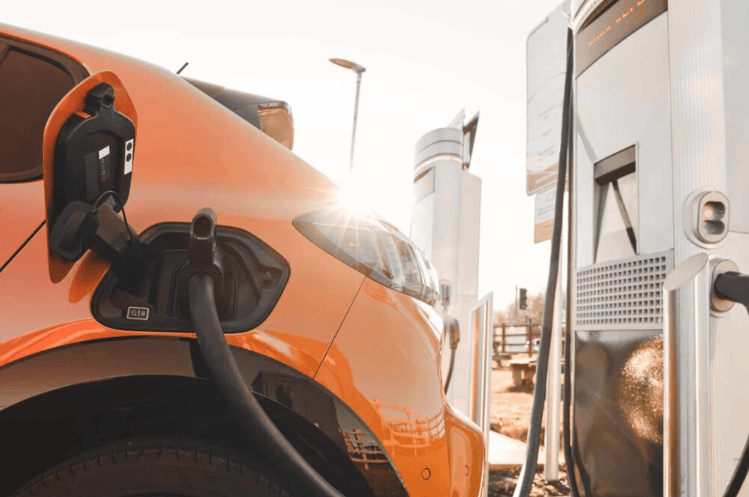At a glance
EVs can lose range and suffer battery degradation in hot weather. Follow these guidelines to maintain battery health and optimise range during summer.
EVs can lose 20% to 30% of total range in very hot weather, according to research by Recurrent, an EV and battery health data company. While most drivers won’t notice a small dip in range (2% to 5%) in temperatures below 32C, they will likely feel the 5% loss at 32C, or the 15% loss at 35C.
What’s more is that extreme heat (above 30C) can also accelerate battery ageing and degradation. Charging (especially fast charging) an EV in hot weather can also generate extra heat, further degrading it.
The good news is that many EVs come with thermal management systems that can regulate your battery’s temperature. However, it’s still good practice to follow some guidelines to maintain the health, safety and longevity of your battery when it’s hot.
Essential tips for EVs in summer
If you’re travelling somewhere warmer for the summer holidays, or live in a hot climate, there are ways you can protect your battery and optimise your charging and range.
Plan your trip
Plan your drive effectively to minimise energy consumption and maximise range. Use apps that can help you find charge locations, suggest ideal routes and alert you to traffic.
Minimise your car’s exposure to the heat
Whenever possible, park your EV in a garage or the shade, or use a carport to protect it from direct sunlight. A reflective windshield sunshade can also help to minimise heat exposure.
Check your cooling system
Before you travel this summer, or at the peak of the season, have your coolant levels checked for leaks. Your EV’s cooling system helps to maintain battery temperature
Use preconditioning
Many EVs have a preconditioning feature that cools down the battery and cabin before you start driving. Use this feature while your car is still plugged in to the charger to conserve battery power.
Minimise aircon and onboard entertainment
Once you start driving, turn your air conditioning down. You may prefer a cold cabin on hot summer days, but using the air conditioning excessively will eat into your range. Similar to air conditioning, any additional parts or devices in use like the infotainment system will reduce range.
Avoid high-speed charging
Fast charging generates more heat because of its powerful current so if it’s very hot outside, opt for slower charging to reduce the strain on your battery.
Check your tyres
Ensure your tyres are inflated to the correct levels for more range efficiency. Properly inflated tires reduce rolling resistance, which means your EV needs less energy to move, while underinflated tyres generate more heat and increase the battery load.
Charge when it’s cooler
If possible, schedule your charging sessions during the cooler parts of the day, such as early morning or late evening to reduce the risk of overheating. If you need to charge during the day, look for charging stations that are under shade or underground in parking lots.
Monitor battery health
Most EVs have battery management systems (BMS) that monitors a battery’s performance and helps to increase driving range and prolong its lifespan. The BMS provides important battery information such as state of charge, temperature and overall health. Check this info reguarly, and address any issues that come up.


